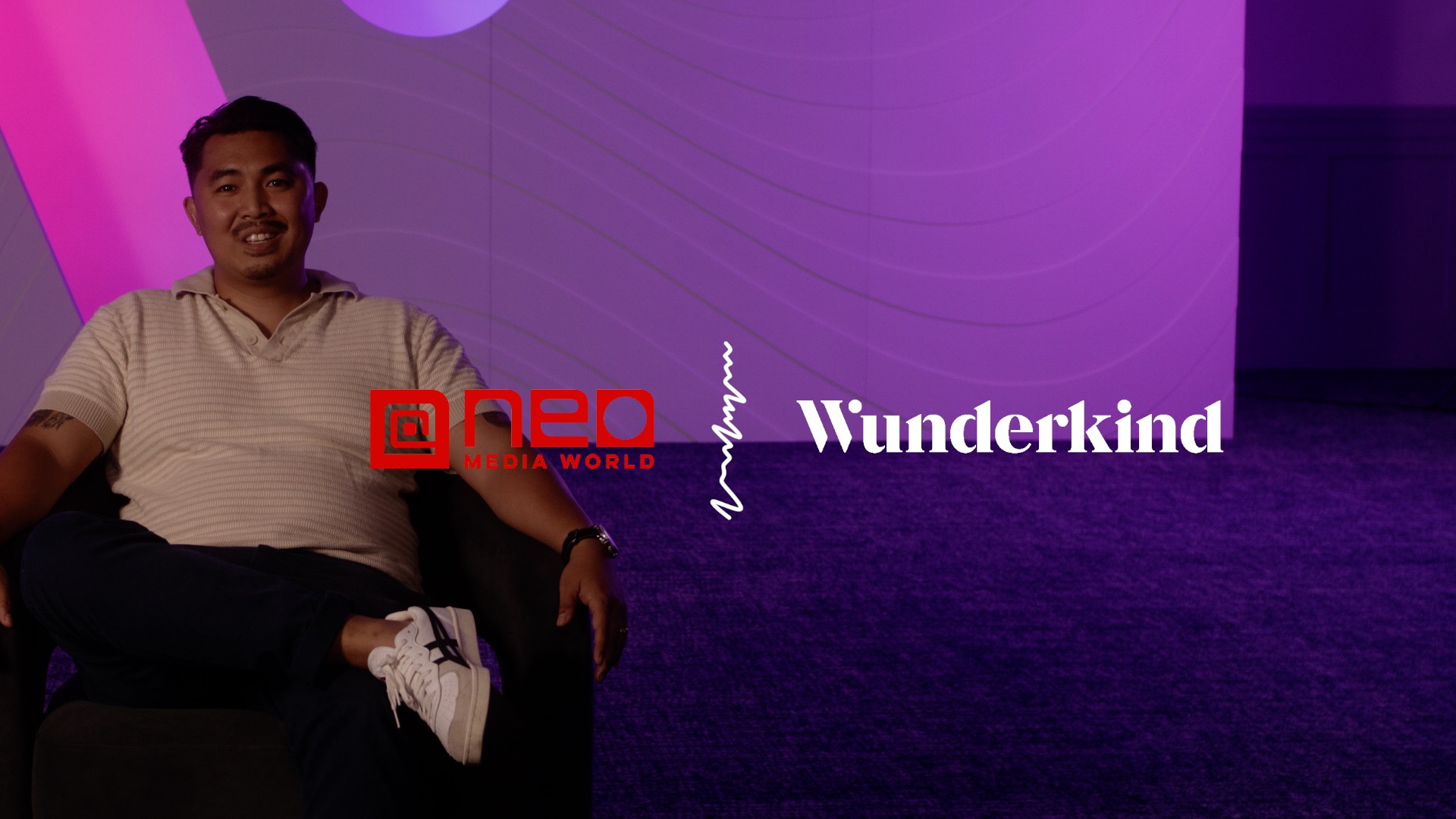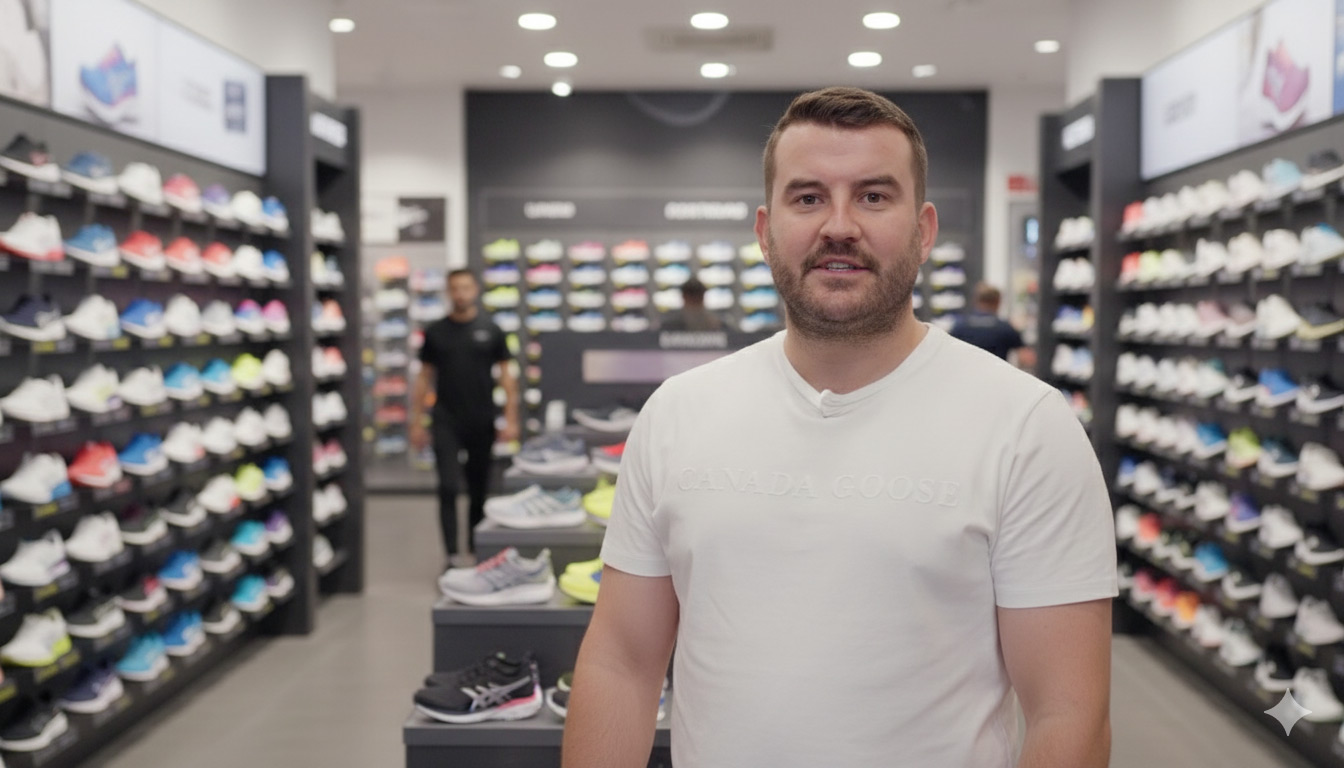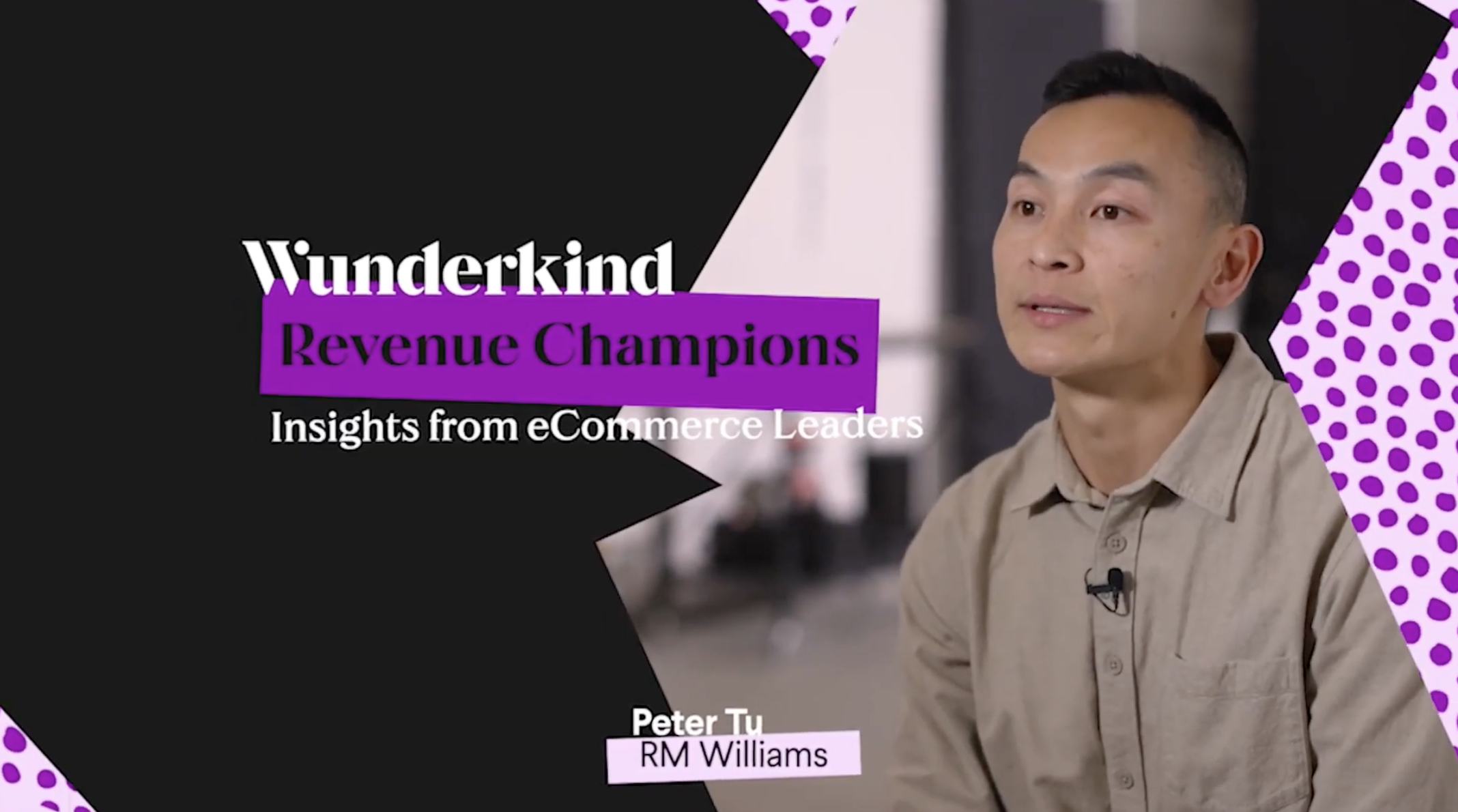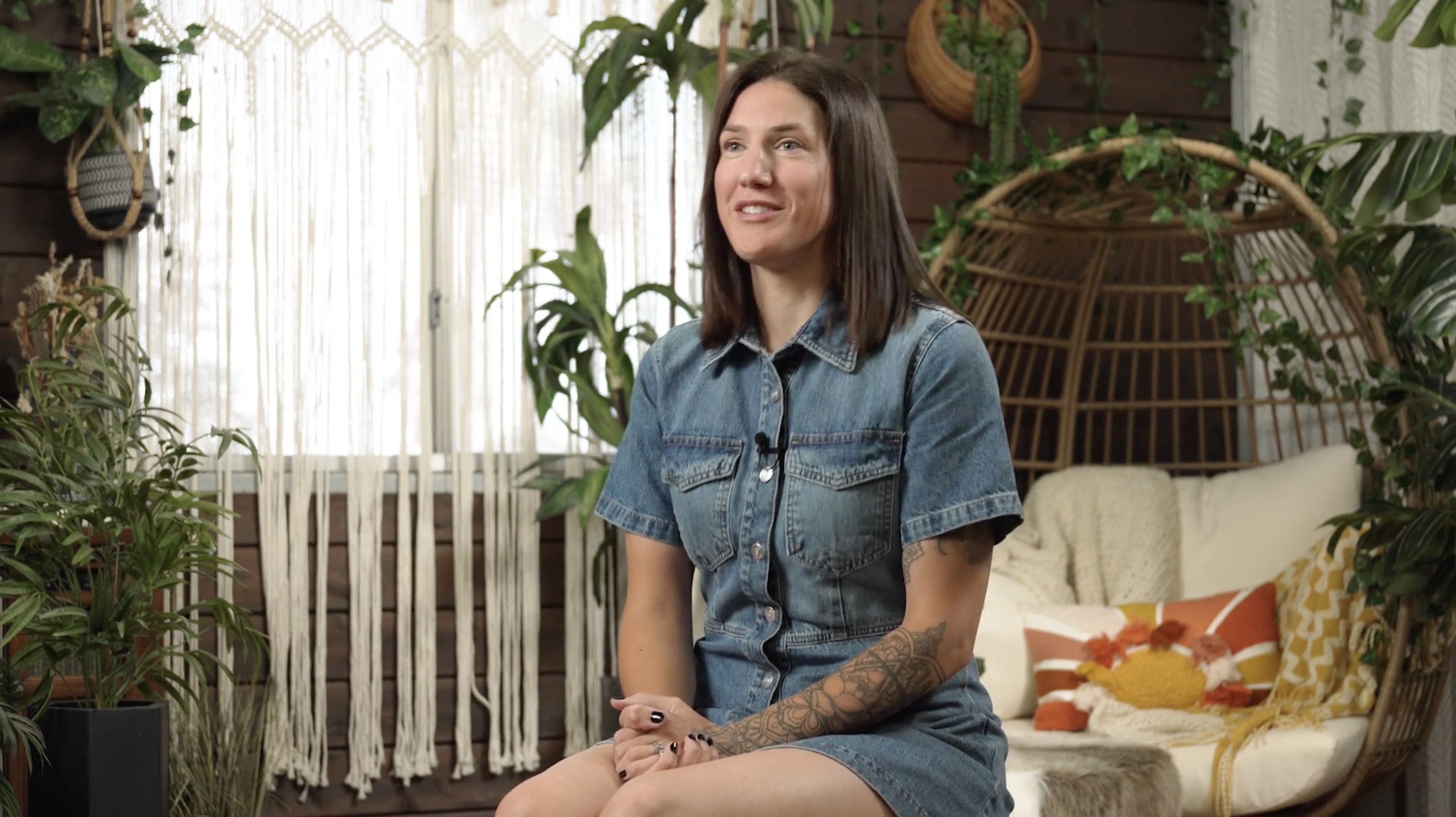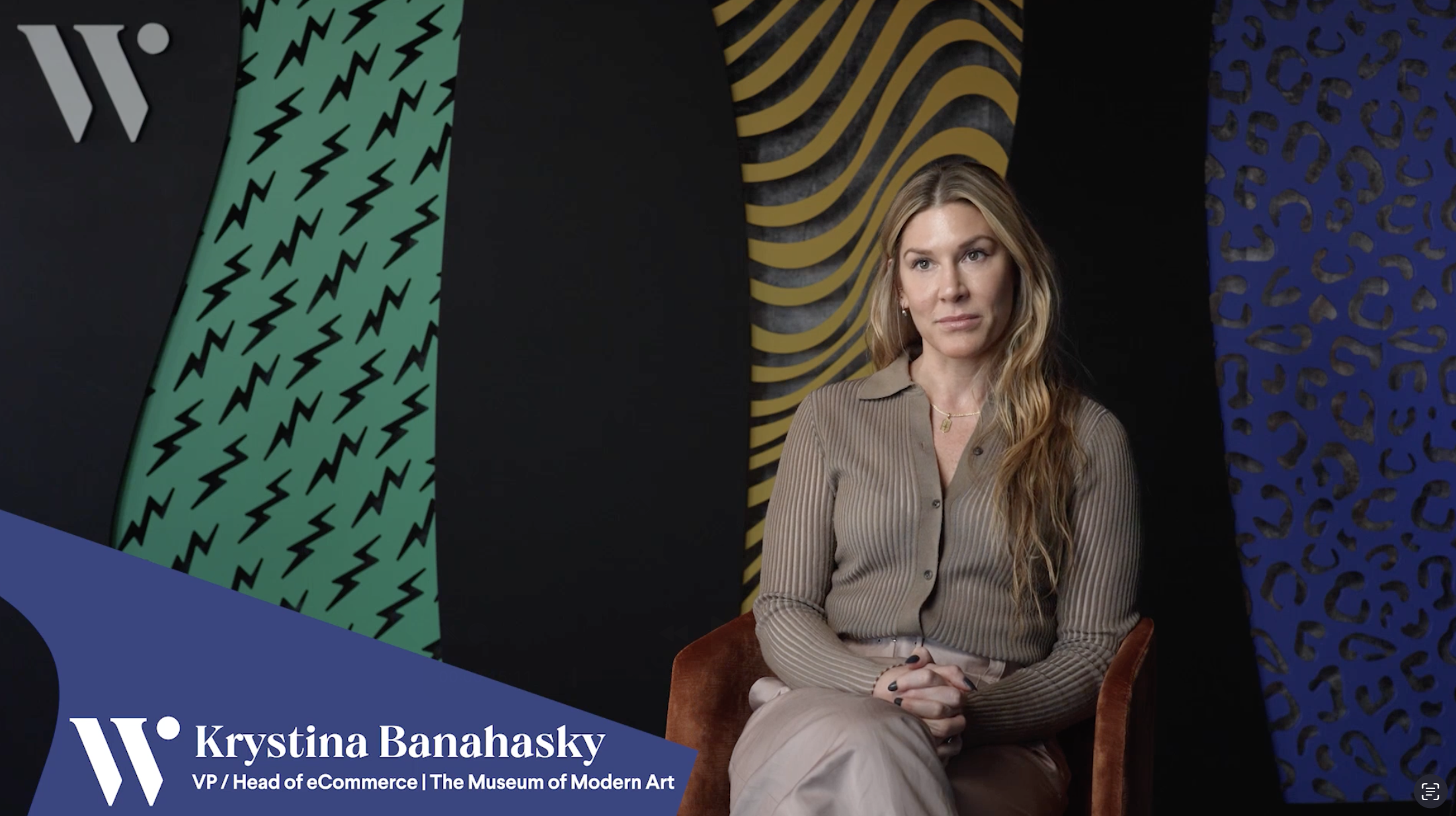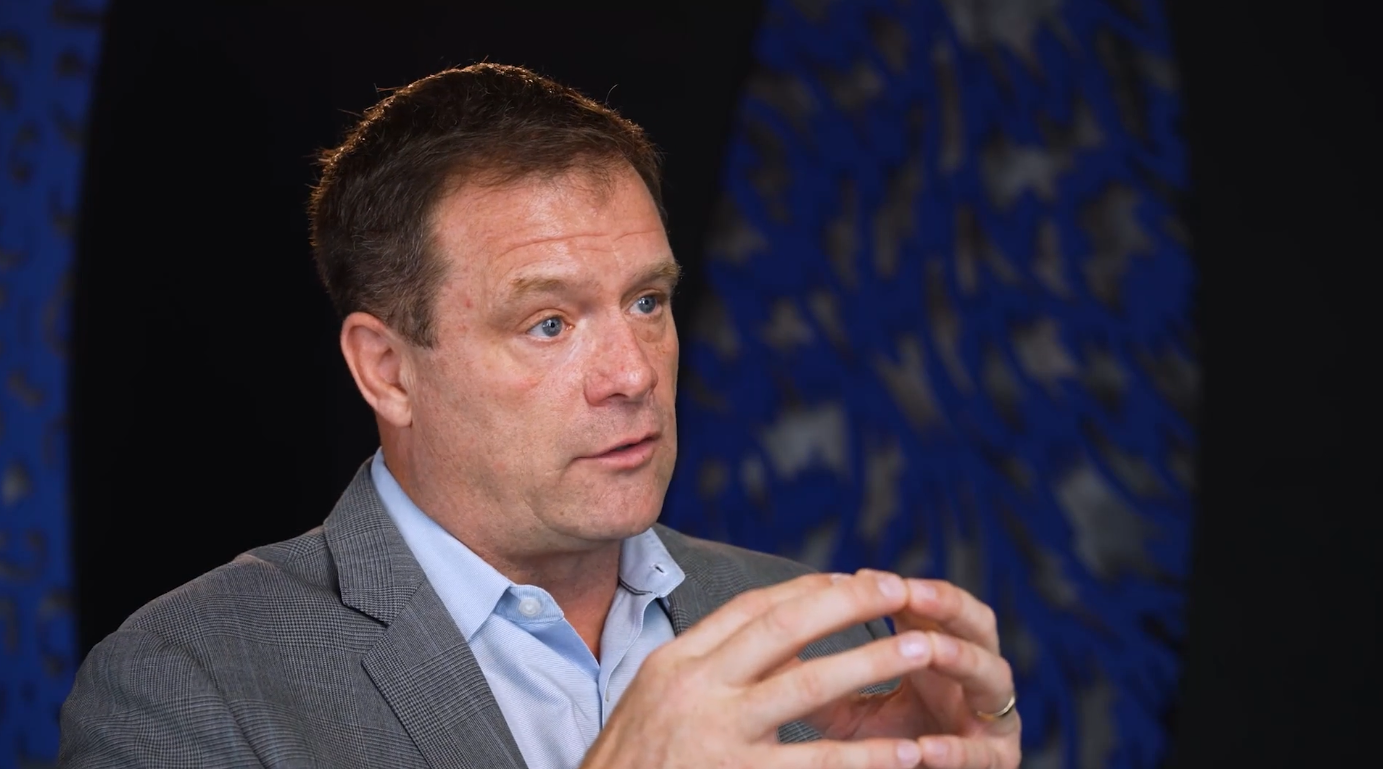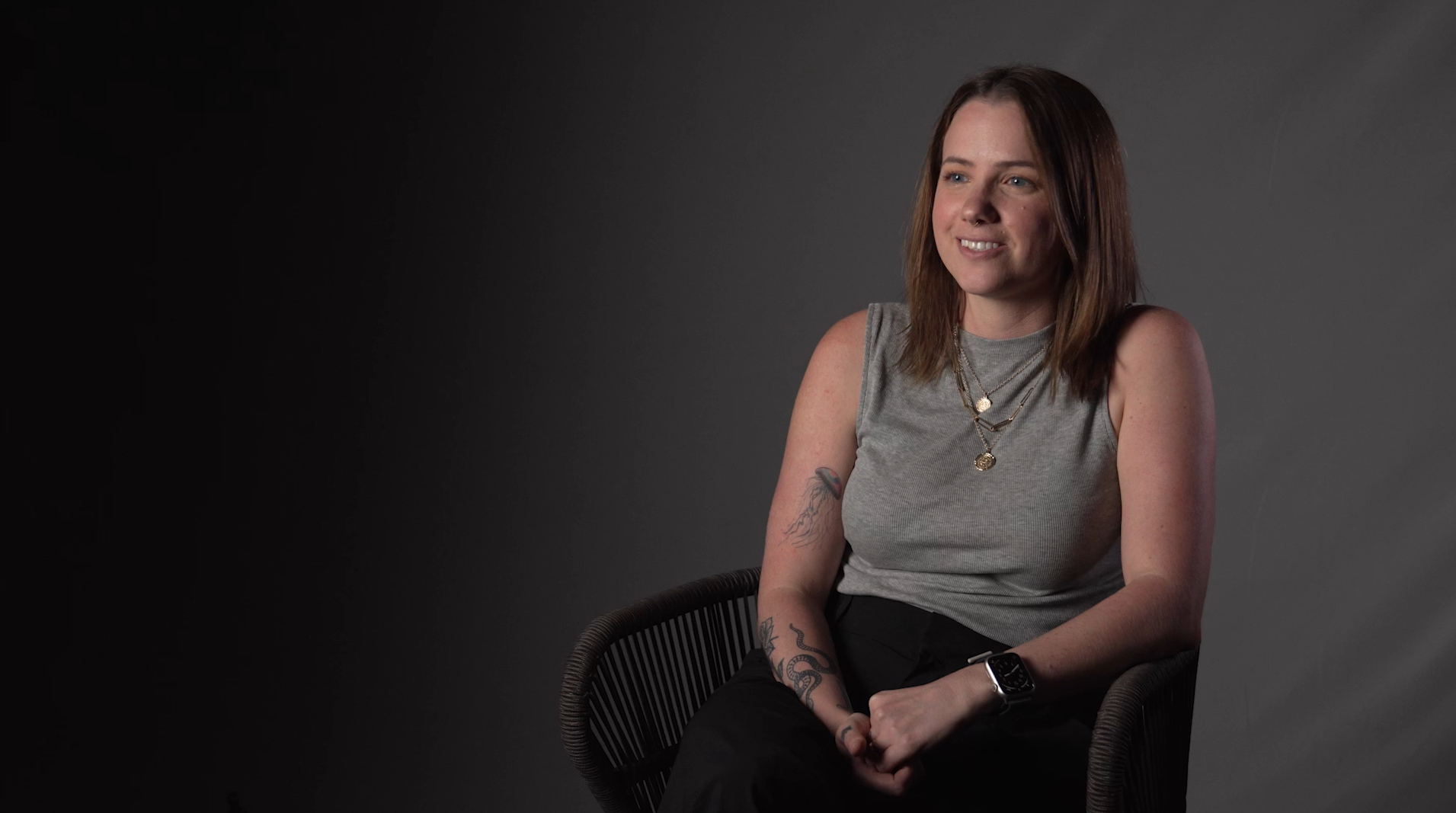Wunderkind Success Story: Neo Media World
- 0.5
- 1
- 1.25
- 1.5
- 1.75
- 2
Eric Ricafrente, Programmatic Group Director, Neo Media World: My name is Eric Ricafrente. I'm the programmatic group director at Mindshare on team Discover. What Mindshare does on behalf of Discover, we media buy. We buy their media. We invest their dollars in programmatic ads. Wunderkind is one of the partners that we work with, but we service their entire portfolio from card brand to acquisition, their bank product, their loans product, and then their global network. I'm going to give you the candid responses. They're here to service our client's business in the best way possible, to deliver performance, to build relationships, and to drive performance. Ultimately what Mindshare does and how they differentiate themselves from the other agency hold codes in the marketplace is provocation with purpose. You want to provocate, you want do something different. You want to challenge the status quo, but you want to do so purposefully, and you want to do so within the brand's mission. So the technology, the services that we buy from Wunderkind are programmatic ads, display ads obviously, where we intercept the consumer before they're about to leave the page. We mix display and video as far as our card business, and then we also try to drive conversion as part of our student loans service. Yeah, the customer groups that we're targeting with Wunderkind ads are anyone that's eligible for a credit card. Ultimately in the fair banking space, you can't put too many qualifiers. We have to stay in a very regulated space. So the idea of age, gender, familial status, marital status, those are off the table. We have to get creative in the way that we're targeting. So contextual is a play that we look to. We do leverage first party data, CRM, to find consumers that are existing credit card holders and try to find them, or to cross- sell them in a way to get them to purchase loans or create a checking account. Ultimately, the Wunderkind ads are how we intercept that consumer at the top of the funnel. We use that and we use efforts of retargeting to find them and then remessage them later through display ads, through video. Ultimately, it's the way that we conquest. We find them in the initial impression before we ultimately retarget them and find them later through the rest of our marketing efforts. The way that Wunderkind ads help us achieve success is really just variety. Our clients are not necessarily in the business of standard. What's working is great. However, again, they want to be a disruptor. They want to be an every man. They want to be an advertiser that finds those consumers in places that they don't expect. Again, people have banner blindness. Oftentimes, they don't even see the banner ad or the online video ad that they're being shown. What I think the value of Wunderkind ads has is they provide that interception, that moment where you can attract and inform that consumer of the reason to believe the moment of opportunity, that acquisition, that ultimate moment where they can convert. Wunderkind has exceeded our expectations in terms of their customer service. They provide consultative resources. Their team is knowledgeable of the business. They know exactly how to cater to different line of business needs, whether it's brand, whether it's acquisition. They have a solve for each element of the plan and each line of business that we're trying to service. So they are great partners for us, and I think customer service is something that we value in their partnership. What concerns me with the programmatic landscape is just the need to push the needle on metrics that matter. The attention economy is growing. It's gaining a lot of attention in the media, whether it was from Khan, whether it's agencies partnering with folks like Adelaide, with Lumen, and the like. Attention's important. It's not the end- all be- all, but it is something that is starting the conversation around what it is that we should be using instead of just a CPM, or a viewability, or a brand lift metric. It gives us that proxy, that reason that we should be looking at performance differently. Aside from attention, I think that the other aspect of programmatic that should be getting a lot of more attention is identity. I think identity is an important aspect of every marketer's pillar of what they should be concerned about. The way in which we target and granularly reach consumers is changing. And I think that the ways that we should test, apply ourselves and figure out what is the right course of action for the future with identity in mind is something that we need to continue to test and explore. I think right now the way that we're partnering with Wunderkind from an identity perspective is, one of the pillars of identity that we are exploring expanding upon is contextual. I think Wunderkind's partnership with GumGum's Verity's ads is a good way to leverage those resources, find the consumer in the right place. Absent of third party cookie data, we still want to test that out, but this isn't the end- all be- all. I think the partnership that Wunderkind ads has with GumGum's Verity gives us that contextual way in, that additional tool in our toolbox to get us to a place durable for the future. Wunderkind ads performed very well from a click- through rate perspective. I know that that isn't the sexiest metric that marketers use, but the idea that yes, people are actually engaging with those ads, people are... If you think about the user experience of a Wunderkind ad is like it's intercepting that person before they're about to exit or click out of the page or go to a different window. Because those consumers are clicking that box or clicking that ad means that that actually resonated with them. There's a reason that they wanting to stay or learn more or perform the action. So I think that it's definitely exceeding expectations compared to a lot of the other partners that we've worked with in the similar space. So we really feel good about the partnership going into Q4 and even 2024. It feels similar to the last question. But the advertising trends that are really top of mind right now, at least for me, being on Discover. Brand to Demand or brandformance is a new term for me, brandformance. But brand to demand is really important for the line of business that I'm working on. You obviously want to connect the mass reach, the high value of connected TV, display ads, but you ultimately want to convert. You want to acquire that consumer. You want to make them click through and actually go through the steps to actually sign up for an account. So I think that there's definitely the brand to demand aspect that's top of mind, really getting it right. Because ultimately programmatic is an assist to the ultimate action that you're trying to perform. At the end of the day like search and social, they're always going to be your main lower funnel lead drivers. But how to make programmatic more valuable is what keeps me up at night, essentially. The cookie list addressability questions that I'm exploring or my team is exploring on behalf of Discover is contextual. It is using clean rooms. We are using first party publisher data as well as extrapolating and expanding upon our clients' existing first party data. I think that there's a lot of pillars and elements that we need to explore and continue to stay on top of. But ultimately we want to try to find a more addressable audience that is durable and will sustain the future for programmatic media buying for the years to come.
DESCRIPTION
In this engaging interview, meet Eric Ricafrente, as the Programmatic Group Director at Neo Media World, Eric leads a team of experts in crafting innovative advertising solutions. With a focus on integrity and empathy, he sheds light on the nuances of programmatic advertising and its impact on Discover's global network. We dive into the fascinating world of programmatic advertising on behalf of Discover, getting a behind-the-scenes glimpse at Neo Media World's partnership with Wunderkind, and how they expertly navigate the complexities of the programmatic landscape.
Today's Guests


